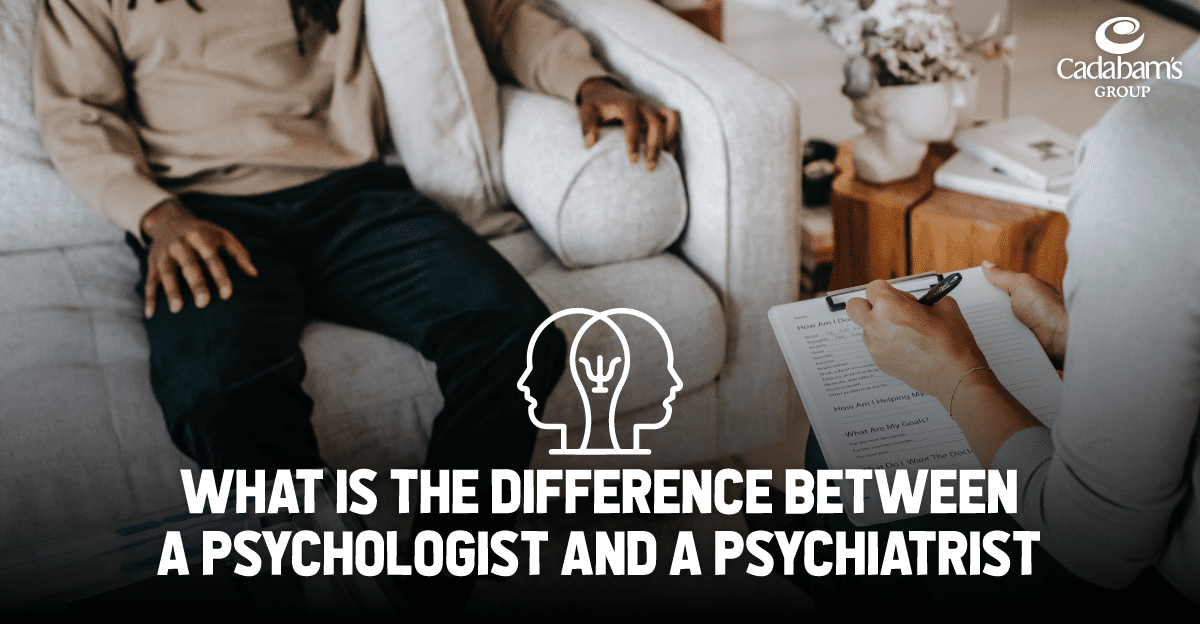Top Reasons to Consult the Best Psychologist in Delhi for Your Emotional Wellness
Top Reasons to Consult the Best Psychologist in Delhi for Your Emotional Wellness
Blog Article
Psych Treatment: A Comprehensive Overview to End Results and methods

Cognitive-Behavioral Treatment
Cognitive-Behavioral Therapy (CBT) is an extensively used psychotherapeutic method that concentrates on determining and modifying inefficient reasoning and habits patterns. Established in the 1960s by Aaron T. Beck, CBT integrates behavioral and cognitive concepts to resolve various mental health problems, including depression, anxiousness, and stress-related disorders. The property of CBT is that maladaptive thoughts add to psychological distress and maladaptive habits. By restructuring these ideas, individuals can attain substantial improvements in their emotional well-being and daily functioning.
CBT is defined by its organized, ambitious nature. Treatment usually entails a joint process between the therapist and customer, where certain problems are determined, and useful methods are created to address them. Methods such as cognitive restructuring, direct exposure therapy, and skill-building exercises are frequently utilized. Cognitive restructuring entails challenging and changing adverse idea patterns, while exposure therapy aims to decrease concern and anxiety with gradual exposure to been afraid situations or things.
Evidence-based research sustains the efficacy of CBT for a variety of psychological disorders - Best Psychologist in Delhi. Its focus on skill purchase and self-help strategies empowers clients to continue progression independently after treatment wraps up. The adaptability and efficiency of CBT have made it a foundation in contemporary psychotherapeutic technique
Psychodynamic Techniques
Rooted in the early concepts of Sigmund Freud, psychodynamic approaches focus on discovering the subconscious mind and its impact on habits and emotions. These approaches intend to discover covert ideas and sensations that may be driving maladaptive habits and psychological distress. Central to this strategy is the concept of inner dispute, usually stemming from unresolved past experiences, especially those from childhood years.
Therapists using psychodynamic techniques use a number of crucial approaches, including free organization, where clients are encouraged to talk freely to reveal subconscious product, and desire analysis, which interprets the hidden content of desires. Additionally, the exploration of transfer and countertransference characteristics within the restorative partnership is essential. These interactions can offer insights right into the patient's internal world and relational patterns.
Psychodynamic therapy is generally longer-term contrasted to other modalities, supplying a detailed and deep understanding of the person's psyche. Study suggests that it can be especially reliable for complicated psychological wellness concerns, such as individuality disorders and persistent depression. By fostering self-awareness and psychological insight, psychodynamic treatment looks for to bring subconscious product to awareness, allowing people to attain meaningful and long lasting modification in their lives.
Humanistic Strategies
Building on the foundations laid by psychodynamic methods, humanistic techniques provide an unique point of view concentrated on private potential and self-actualization. Coming from the mid-20th century, these methods prioritize the integral goodness and development capacity of individuals, stressing a holistic view of human experience. Key figures such as Carl Rogers and Abraham Maslow have dramatically affected this restorative technique, which encompasses techniques like client-centered therapy and Gestalt therapy.
Client-centered treatment, developed by Rogers, plays a critical role in humanistic methods. It relies upon the specialist giving an environment of genuine favorable respect, empathy, and harmony. This cultivates a secure area for clients to explore their feelings and experiences without judgment, assisting in self-discovery and individual development. The specialist's duty is more of a facilitator than an authority, motivating customers to harness their internal sources for recovery.
Gestalt therapy, an additional crucial humanistic technique, emphasizes existing moment awareness and the integration of mind and body. By focusing on the "present moment," clients obtain greater understanding into their current emotions and habits. Techniques such as role-playing and directed visualization are frequently employed to aid clients gain a deeper understanding of themselves, ultimately leading to boosted self-awareness and gratification.
Integrative Treatments
Integrative therapies stand for a synthesis of different healing strategies tailored to meet the distinct needs of each customer. This method recognizes the intricacy of human psychology and the complex nature of mental health and wellness problems. By incorporating elements from different schools of psychotherapy-- such as cognitive-behavioral treatment (CBT), psychodynamic therapy, and humanistic techniques-- integrative treatments provide a more holistic and versatile treatment standard.
Specialists of integrative therapy examine each customer's certain demands, signs and symptoms, and individual background to design a personalized therapy strategy. This individualized strategy boosts the possibility for restorative success by dealing with the origin causes of psychological distress and promoting general well-being. Strategies could include mindfulness exercises, cognitive restructuring, and emotional processing, each picked to target different facets of the customer's issues.
Additionally, integrative therapies highlight the healing partnership, watching the client-therapist bond as a vital part of efficient treatment. This connection fosters an encouraging atmosphere where customers really feel safe to check out and resolve their issues. The adaptability of integrative therapies makes them suitable for a broad variety of problems, including stress and anxiety, depression, injury, and interpersonal difficulties, consequently boosting their applicability and effectiveness in varied medical settings.

Gauging Treatment End Results
Assessing the efficiency of psychiatric therapy is vital for both clients and clinicians to guarantee that the treatment is yielding the wanted results. To achieve this, various approaches and tools are employed to determine treatment outcomes methodically. Standardized analysis tools, such as the Beck Anxiety Supply (BDI) and the Generalized special info Stress And Anxiety Problem 7 (GAD-7), give measurable data on signs and symptom extent and changes with time.
Along with standardized devices, qualitative techniques like customer self-reports and scientific interviews offer important insights into the individual experiences and perceived development of customers. On a regular basis scheduled evaluations, commonly at the start, axis, and end of therapy, aid in tracking the trajectory of improvement or recognizing locations requiring adjustment.
Outcome measurement is not limited to symptom reduction; it likewise incorporates useful improvements in day-to-day life, such as better social partnerships, boosted job efficiency, and enhanced general well-being. Modern improvements in digital health have presented mobile apps and online platforms that facilitate real-time monitoring and responses, better refining the evaluation process.
Ultimately, an extensive approach to determining treatment end results makes sure that restorative interventions are reliable, effective, and tailored to meet the private demands of customers, thereby optimizing the total therapeutic experience.
Verdict
Humanistic techniques concentrate on individual growth and self-actualization, while integrative therapies incorporate several approaches for customized treatment plans. Evaluating therapy outcomes more tips here through standard analyses and qualitative approaches ensures a comprehensive understanding of efficiency, ultimately assisting customers towards sustaining psychological health and Get More Information wellness renovations.
From the structured strategy of Cognitive-Behavioral Treatment (CBT) to the deep exploration of the unconscious in psychodynamic treatment, each method brings unique benefits. Its focus on ability procurement and self-help methods encourages customers to proceed progress individually after treatment concludes (Best Psychologist in Delhi). Secret numbers such as Carl Rogers and Abraham Maslow have actually dramatically affected this therapeutic method, which encompasses methods like client-centered treatment and Gestalt therapy

Report this page